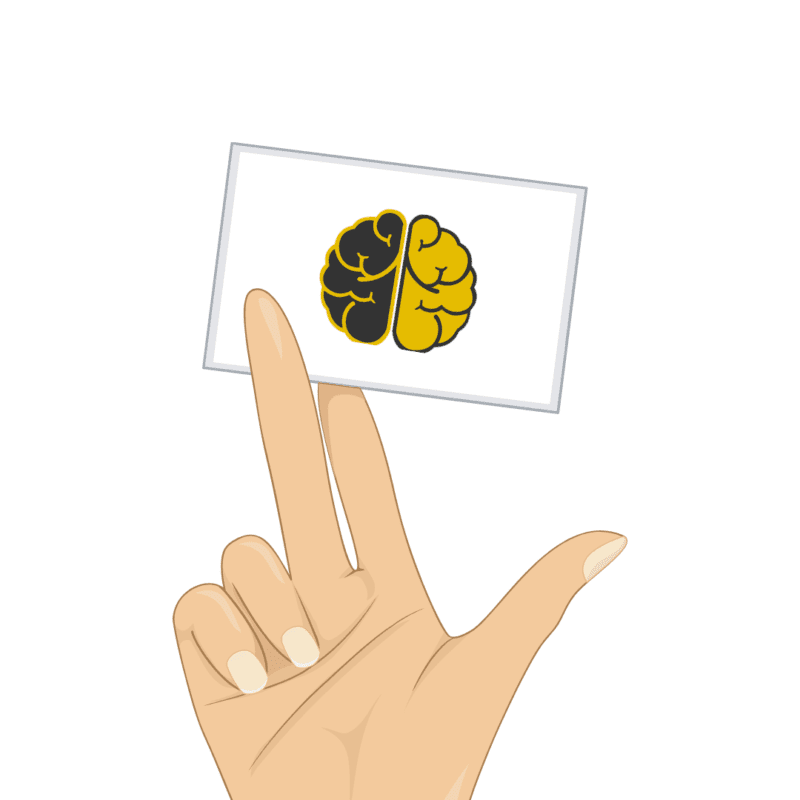After four years of University and a CSCS, I knew everything there was to know about fitness.
Then I got my first client; a soccer / basketball player who wanted to look good for college coaches.
The first question that immediately struck me was:
“But what do I actually DO?”
My education didn’t survive first contact with a client. So, I thought, I’d better get another credential.
I found the ISSA, and ordered their textbooks. Back then, they actually put big books in the mail. I read Dr. Fred Hatfield’s take on training athletes (hint: squats), overweight people (squats) and people with bad backs (squats.) I read and tested and read and tested, until I earned so many credentials that I needed a longer business card to print them all.
No joke: for awhile, my business card said “Chris Cooper, BSc., CSCS, CFT III, CSC”. If I could have listed all of the supplemental courses I took on nutrition and running and football training, I would have.
I hadn’t yet learned how much I didn’t know.
Sure, I had earned the right to call myself a serious student. But I was far from being an expert. My education was imbalanced between theory and practice. And it wasn’t only me: there’s a famous story of Paul Chek calling Dave Tate a “dump truck” in an online group. (Dave told the story on my podcast here). Dave had just squatted over 900 pounds; he knew a lot about strength training. Chek loved to cite research. He had a ton of letters after his name, too. But he’d never squatted 900 pounds, or trained a professional powerlifter.
In truth, credentials don’t make you a better coach. They might reassure your clients a little, but no credential will ever get you clients. And nobody’s checking the validity of your credentials: not your current clients, not your future clients, and not The Certification Police. Most of the time, the credentials exist only to make you feel better. They give coaches confidence. They’re Alphabet Soup For The Soul.
What SHOULD a coach know? How many credentials DO they need? I’ll get to that in a moment. First, here’s how deep the problem of credential invalidity actually goes.
The Bachelor’s Degree I earned in 1998 was one of the first available. But no one knew what “exercise science” meant; most of my graduating class were headed to chiropractic college next. So my advisors told me to get certified by the NSCA so I could get a job in the field. I learned more from the CSCS textbook than I did in my four-year undergrad. But then I found out that not everyone agreed with the NSCA–or the ACSM, or the ISSA. All of them had particular biases. (And, as it turns out, many of these biases existed because of funding from inappropriate sources.) So who was policing these agencies? Who was checking their science?
As it turns out, most certifications in fitness have never been subjected to any oversight whatsoever.
Now, the NSCA’s certifications became accredited in 1996 by the National Commission for Certifying Agencies (you can read about it here.) CrossFit’s Level 1 Certificate Course became accredited by ANSI (the American National Standards Institute) in 2010. That means there’s a level of oversight into the process of certification: the NSCA and CrossFit must deliver their testing in a fair, replicable way; they must report their scoring results; their arbitration processes must be audited. Nicole Carroll does a great job of explaining what accreditation means here. But neither the NCCA or ANSI evaluate the course criteria for validity. In other words, no one filters credentials to say “this one will produce a great coach.”
It’s really up to the buyer to decide which is best. And, of course, that introduces a different kind of bias: after I take the XYZ credential, I’m going to tell everyone it’s the best, because I want it to be so.
So what DO coaches actually need?
How much education is enough?
How do credentials tell a client “this girl knows enough to help you”?
We’ll answer those questions in the next series of articles here. In the meantime, what do you think?

